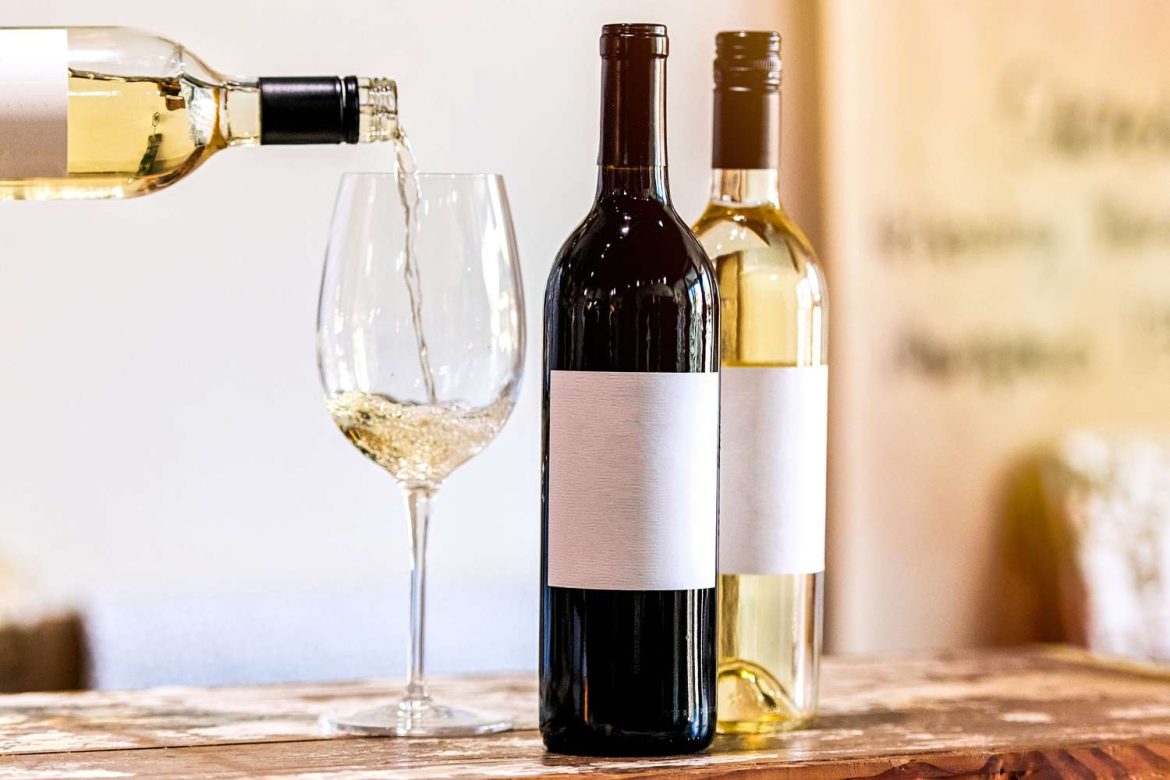An ancestral variety, grown in a unique volcanic soil, captivates lovers of this drink with its intense character.
Although perhaps best known for its striking white architecture set against the sparkling blue waters of the Aegean Sea, Santorini ’s winemaking tradition is recapturing the interest of oenophiles. At the heart of this experience is the assyrtiko grape , a variety deeply intertwined with the unique terroir of the place.
“The wine culture in this region is one of the oldest in the world, with 3,500 years of history,” says Elina Dakanali , Wine Director at Canaves Collection , which manages several luxury properties in the destination. “As a result of one of the largest volcanic eruptions of all time, the strong agricultural tradition is rooted in its soil, which has a unique texture and includes lava, volcanic ash and pumice. The vineyards have their own roots as they were never affected by phylloxera, which combines the unique natural landscape with a great agricultural heritage,” she adds.
Dakanali also emphasises the role of the volcanic soil in the formation of the wines. In this very exclusive terroir, he points out that the Assyrtiko is the queen grape, representing 80% of the vines.
«The vineyards on the island have their own roots as they were never affected by phylloxera, which combines the unique natural landscape with a great agricultural heritage,» he explains. «The volcanic terrain, which resembles a lunar landscape, demands a meticulous approach to viticulture,» he says.
On this land, Assyrtiko produces powerful, full-bodied wines, with an alcohol volume of 15% per 750-millilitre bottle. Dakanali acknowledges that these wines are a little oily, describing them as similar to whites from the northern Rhône , although they are often compared to whites from Burgundy .
«They are distinguished by vibrant acidity and a fine-grained mineral texture,» says Dakanali. «The island’s wines have a cornucopia of flavours, from refreshing citrus and the acidic touch of sorbet, through to grapefruit, lemon or mandarin peel, orange blossom, preserved lemon, honeysuckle and hibiscus, all of them electric and with mouthwatering tannins,» he adds.
Although the wine industry in Greece is smaller than in some European countries , Greek wine exports appear to be on the rise . In 2023, it exported wines worth $107 million , representing an increase of 3.42% compared to 2022. The bulk of Greek wines are exported within Europe and to North America , and abroad they fetch higher prices than on the local market.
The Canaves Collection takes its name from the traditional caves, or “canaves”, that were once used by local winegrowers to store grapes. Over time, these caves were transformed into luxurious hotel rooms, merging the island’s winemaking past with its current status as a premier tourist destination.
Guests are invited to explore Santorini ’s wine heritage through private tastings and vineyard tours, where they can sample local varietals made from aidani , athiri and mavrotragano grapes . Dakanali described collaboration with local producers as an essential part of the experience for visitors.
«Our position as a luxury resort allows us to offer our guests rare and exceptional wines produced by local winemakers, who meticulously craft their wines to the highest quality,» Dakanali stresses.
One of the key features of the Greek island’s winemaking tradition is the kouloura method , a unique and traditional vine training technique developed to protect the grapes from the island’s strong winds and intense sun by training the vines to form low, circular baskets on the ground.
“The shoots intertwine into a crown, creating a nest of branches and leaves within which the grapes grow, protecting them from the constant winds,” Dakanali explains. “The kouloura also captures the night mists that rise from the sea. Irrigation is prohibited, and for months, these sea mists are the only source of moisture for the vines. When a kouloura is around 80 years old, the crown is cut off and new growth is encouraged, but the roots remain,” he notes.
This method, combined with the island’s nutrient-poor volcanic soil, results in extremely low yields, but exceptional wines, known for their minerality and complexity.
«The quality of Santorini wines is beyond doubt,» says Dakanali. «The island’s assyrtiko combines a fantastic dry extract with a truly unforgettable salinity and power,» he adds.

